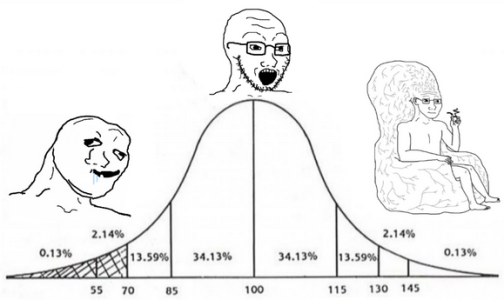Sereni-tea
Soli Deo gloria
- Joined
- May 23, 2023
- Messages
- 509
- Reaction score
- 462
- Points
- 93
- Location
- Sydney
- Faith
- Reformed
- Country
- Australia
- Marital status
- Married
This to me is the question to be answered - what are the implications? And yes, I have wondered if it is all just smoke and mirrors myself. But I have now learnt enough to see some of the difference. As I mentioned in post #300, for me the implications are in regards to the horizontal dimension of Christian community. We do not have the same specific issues as Paul had in his day, or even the ones the Reformers had in their day, but we do have our own.My argument is demonstrated from Scripture.
You are unable to explain the impact on Christian doctrine of the NP assertion that "works of the law" means the ceremonial laws; e.g., circumcision, Sabbath, food laws.
With no impact to consider regarding it, the NP assertion regarding "works of the law" is just smoke and mirrors.
What I posted in #300 is the main difference. There are other minor differences between NP and OP which you can see in the videos I posted earlier.
Top 5 differences between the new perspective and old perspective
8 differences between the new perspective and the old perspective
The guy in the videos (Caleb) also presents a third middle group view which he calls the reformed perspective (RP). So there is a lot to think about but at the end of the day, the differences between the NP and the OP are highly nuanced and easily misunderstood. NT Wright does himself no favours here and I think he has brought a lot of the criticisms that he receives on himself because he is not careful enough with his language. I think when he is properly understood, he has a lot to offer the church. Just my opinion and I'll say no more about him.
I think that everyone believes in salvation through grace alone by faith alone and we should see each other as Christians, not rushing to label any heretical because they believe something different. Others may disagree with this assessment, and that is fine. I really don't plan on saying much else in regards to this topic, except to encourage respectful dialogue and comments.
Thanks and blessings to all.
Last edited:


